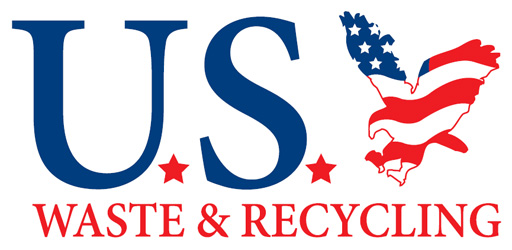The Advantages of Effective Waste Management in the Hospitality Industry
An effective waste management system is comprehensive, and focuses on reducing waste, reusing valuable materials, and recycling in Atlanta. Commercial processes, particularly those used in the restaurant and hotel industry, tend to generate a lot of waste, and require regular, costly waste disposal. Developing an effective waste management program that will significantly reduce your waste disposal costs, as well as offer these other great advantages.
You Can Significantly Reduce Waste Disposal Costs
A comprehensive waste management program affords you the tools and resources to critically evaluate the amount of waste you generate. You can then implement waste reduction strategies that will significantly reduce your waste disposal costs. This may include using refillable dispensers for soap, shampoo, and conditioner in bathrooms, using washable and reusable cloth products and dishware, switching to LED lighting, using filtered water instead of bottles, reducing and reusing packaging supplies, and reducing the amount of paper products used when printing or distributing materials.
Recycling Programs Benefit the Environment
A recycling program will reduce your waste disposal costs and benefit the environment. Recycling centers can recycle paper, cardboard, metal, film, plastic, electronics, food waste, fryer oil, wood, and glass. Implementing an effective recycling program will also make your company more attractive to customers and clients, as the majority of people appreciate eco-friendly business practices. Make sure that you place recycling bins in prominent, convenient areas, and clearly post recycling facts and information in common areas for your employees and customers to reference.
Donating Reusable Items Benefits the Community
Though your company may no longer be able to use an item, it can still be valuable to others in the community. You can donate reusable items to charitable organizations, and provide a direct benefit to community members in need. Food waste can be used by farmers, or as composting for community gardens. Furniture, electronics, blankets, linens, towels, and old employee uniforms can be donated to animal shelters, homeless shelters, and other relief agencies. Packaged food can be donated to the food bank or local shelters or soup kitchens.
